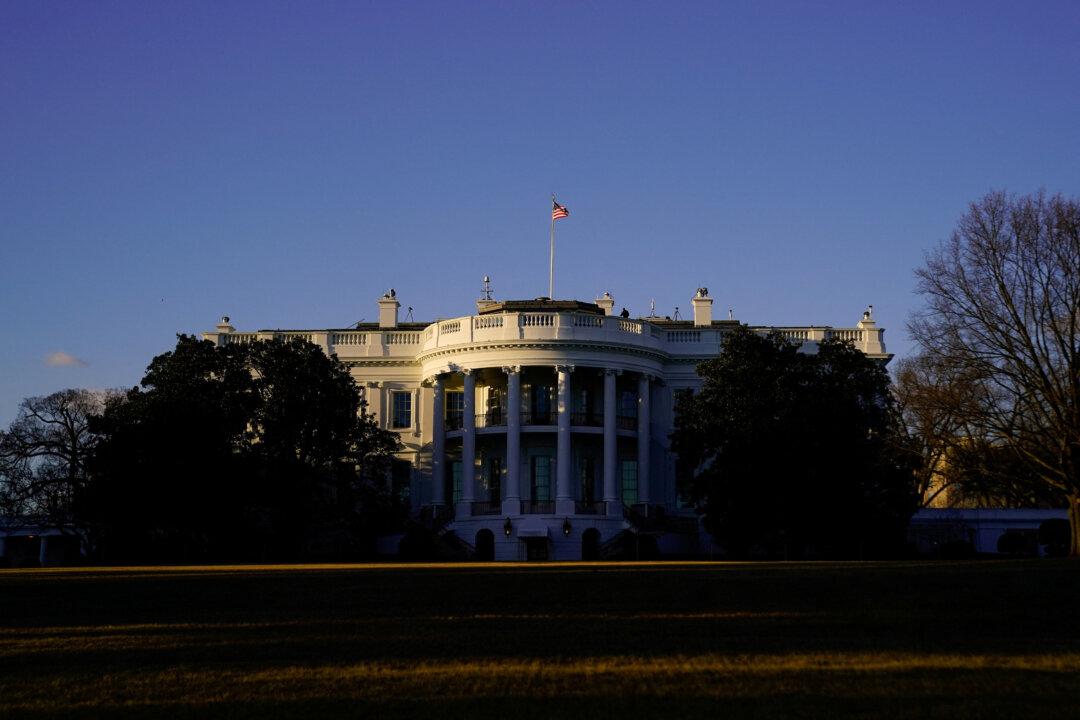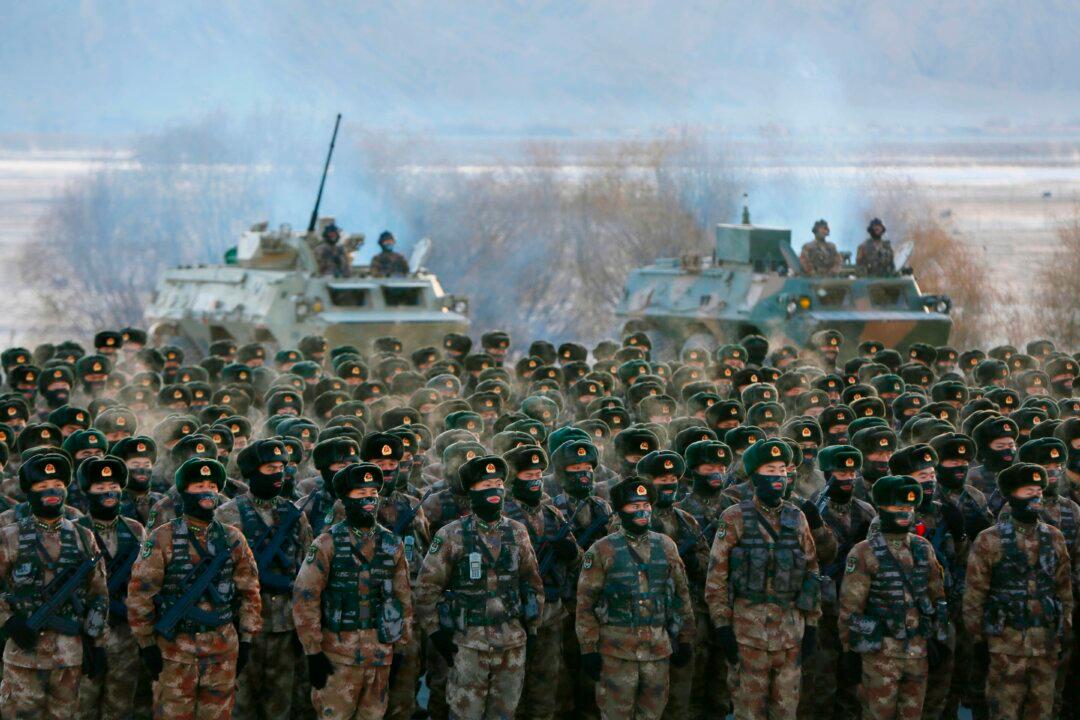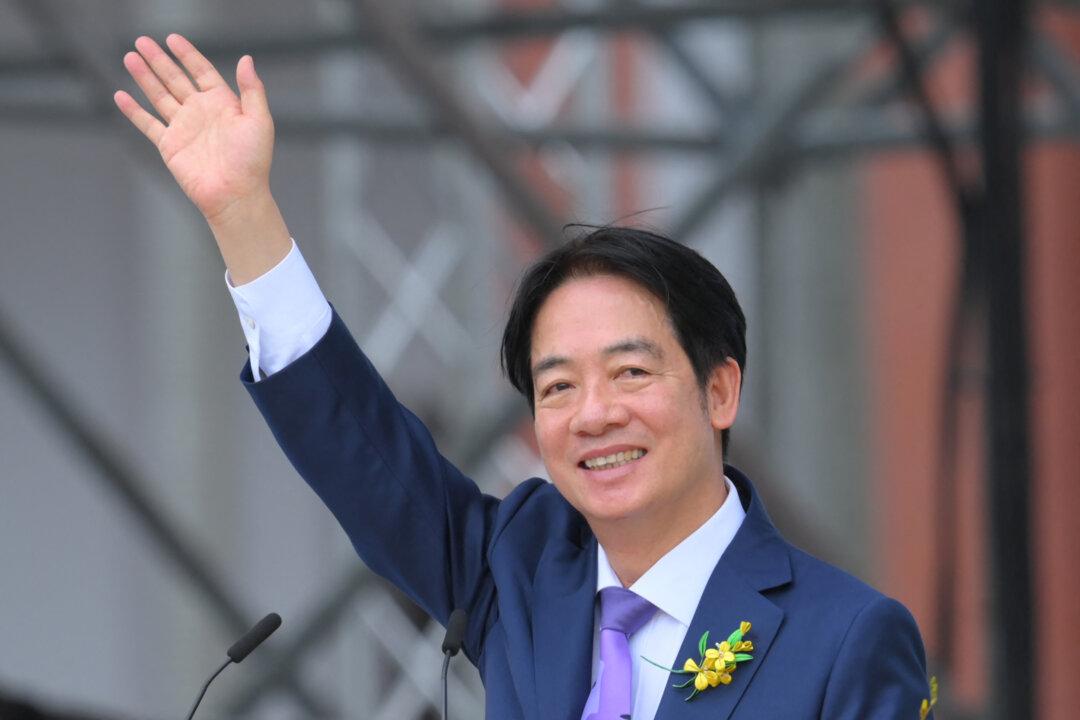Commentary
The Biden administration released its “National Security Strategy” (NSS) this month, its first, just before the Chinese regime holds its 20th National Congress. The NSS highlights Beijing’s desire to dominate global politics and warns of the “decisive decade” in the competition with China.





